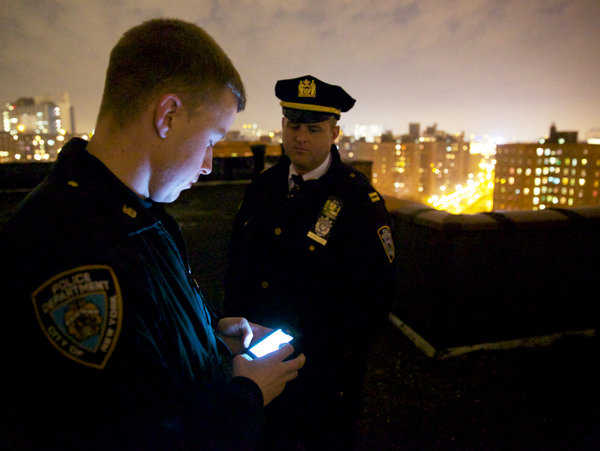Cell Phone Search – Can Cops do That?
I have discussed the topic of cell phone searches before (see Here) and it appears now the U.S Supreme Court is going to resolve the issue on April 29, 2014 when they will hear arguments in two cases regarding the warrantless cell phone search of an arrestee and the search of a smartphone.
The Cell Phone Warrantless Search
In U.S. v. Wurie the defendant is appealing his conviction from the District Court based on a fourth Amendment violation where his “flip phone” was searched after police arrested him following an apparent drug transaction.
Facts
An officer believed he saw the defendant make a drug transaction out of his car. The officer approached the buyer and recovered two bags of crack from his pocket. The buyer told police that he purchased the drugs from the driver of the vehicle. The defendant was arrested after he parked his car and taken to the police station where they seized over $1,000 in cash and two cell phones from his person. Police opened one of the defendant’s phones which was a flip phone and searched the call log, specifically, a number listed as “My house” which made repeated calls to the phone while the defendant was under arrest. Police then typed that number into a directory and obtained the address associated with that number. When officers went to that address the defendant’s name was on the mailbox and they executed a search warrant where they recovered drugs, cash, a gun, and ammunition. The defendant was indicted federally for felon in possession of a firearm, and possessing crack with intent to distribute. He was tried, convicted, and received a 262 month sentence.
Case Dismissed
The Court of Appeals vacated the District Court’s decision on the grounds that the search exceeded the boundaries of a search incident to arrest.
Why the Supreme Court will have to decide
In delivering its opinion, the First Circuit Court of Appeals acknowledged that courts have struggled to apply the U.S. Supreme Court’s search-incident-to-arrest jurisprudence to the search of data on a cell phone seized from the person. The searches at issue in the cases that have arisen thus far have involved everything from simply obtaining a cell phone’s number, United States v. Flores-Lopez, 670 F.3d 803, 804 (7th Cir.2012), to looking through an arrestee’s call records, United States v. Finley, 477 F.3d 250, 254 (5th Cir.2007), text messages, id., or photographs, United States v. Quintana, 594 F.Supp.2d 1291, 1295-96 (M.D.Fl.2009). The real problem has not been that courts have mostly upheld these searches but rather the multitude of approaches taken to get there.
Question before the U.S. Supreme Court
Whether the Fourth Amendment permits the police, without obtaining a warrant, to review the call log of a cell phone on a person who has been lawfully arrested.
The Smartphone Warrantless Search
In Riley v. California, police conducted a traffic stop on the defendant, a college student, for expired tags. A license check revealed he was driving on a suspended license and his car was impounded per police procedure. An inventory search recovered two firearms under the hood and the defendant was arrested for carrying a concealed and loaded weapon. A ballistics test later confirmed both the weapons were used in a shooting of a rival gang member. A search of his person recovered a Samsung smart phone where police performed two separate digital searches 1) the officer at the scene scrolled through the contacts and noticed that letters beginning with “K” were preceded by a “C” believing this to mean “Crip killers” slang for the gang known as “Bloods,” 2) the second search police went through his phone looking at photographs and videos that indicated gang affiliation.
The defendant argued to suppress the cell phone contents based on an unlawful search in pre trial motions. The court held that the search fell under the category of a booking search which is very broad and therefore lawful. The defendant was convicted following trial and petitioned the Supreme Court.
Question before the U.S. Supreme Court
Whether evidence admitted at petitioner’s trial was obtained in a search of petitioners cell phone that violated petitioner’s Fourth Amendment rights.
Charleston Criminal Defense Attorney
If you have a case involving a cell phone search case call an experienced and trusted Charleston criminal attorney at the Dale Savage Law Firm today for a free case consultation (843) 530-7813.

